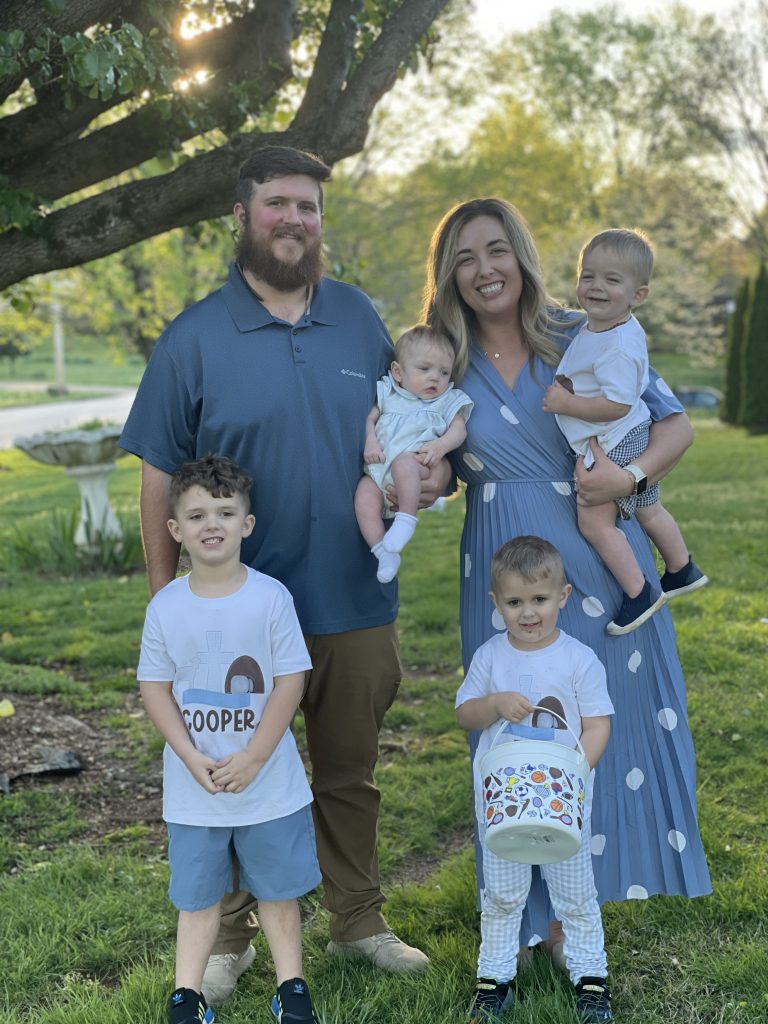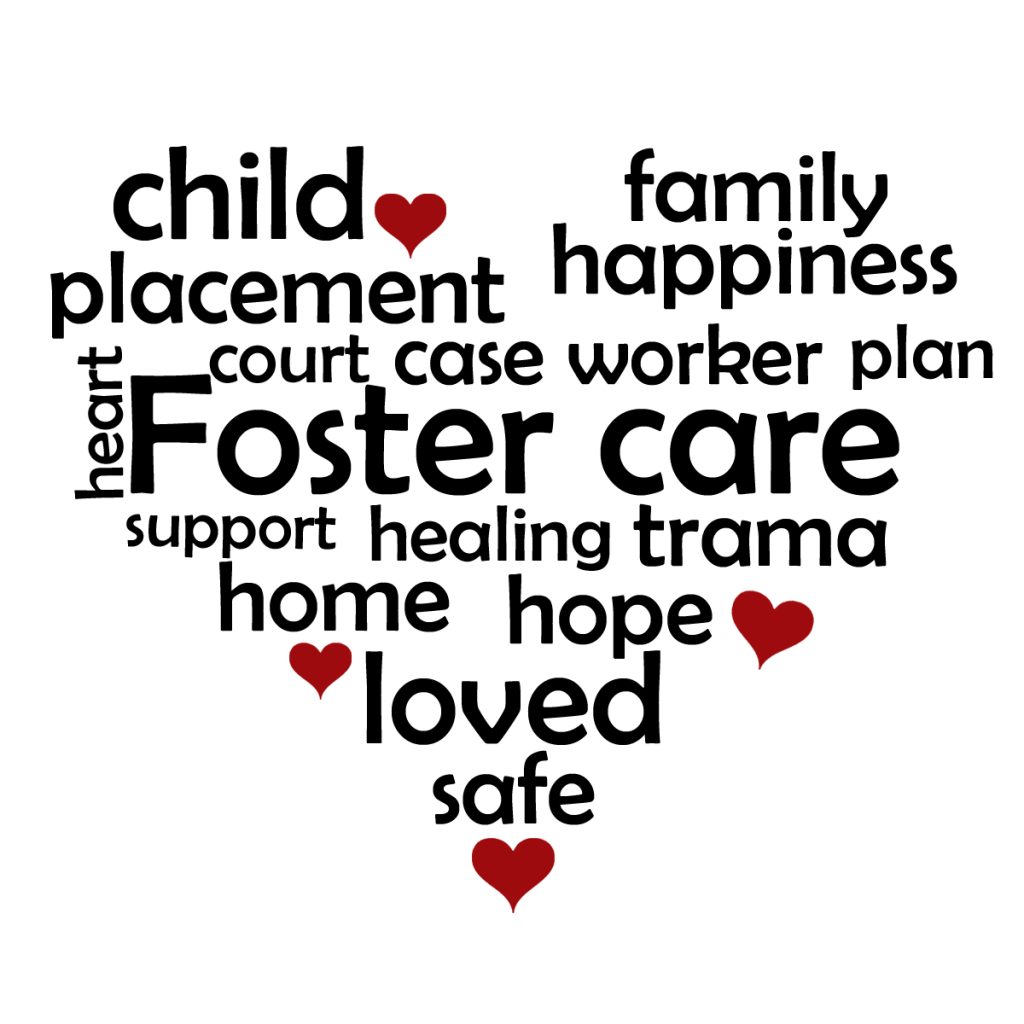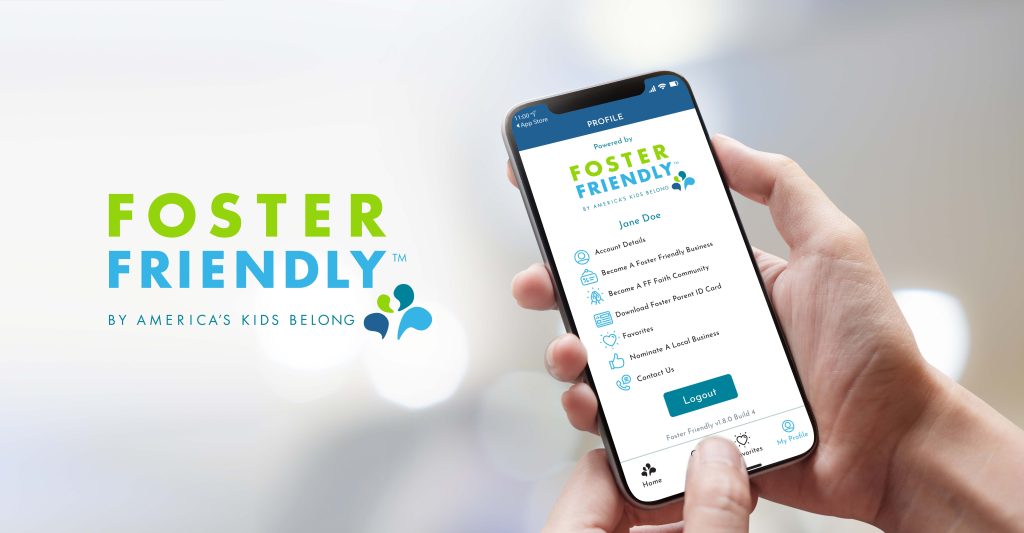 It’s 6:15pm, the day’s dishes are piled up in front of me in the sink, the dryer is singing its tune of “don’t forget me,” two children have decided to dance on the table, one is holding onto my leg crying for a snack before dinner, and the other is screaming like I’m going to let him starve as I wait for the 20-second timer on his bottle.
It’s 6:15pm, the day’s dishes are piled up in front of me in the sink, the dryer is singing its tune of “don’t forget me,” two children have decided to dance on the table, one is holding onto my leg crying for a snack before dinner, and the other is screaming like I’m going to let him starve as I wait for the 20-second timer on his bottle.
Twenty more minutes…I’m counting down each second until my relief team (my husband) comes through the door. Each second the tension builds. Why is he not home yet? How loudly is it humanly possible for a four-month-old to cry? How many snacks can a three-year-old eat?
I feel the tension and stress in my neck start to rise. Then he calls: “I’ll be a few minutes longer. Do you need me to pick up anything before I come home?”
I have been at my wit’s end for the last hour, wondering when the last strand of my wit is going to be cut like the scene from Disney’s Hercules and the death string. Iykyk.

I throw up my hands and let out a loud “uugghh.” Even though I know we need a gallon of milk and a loaf of bread, I just need him to get home. I need help. We still have baths and bedtime routines. Why can’t I be the one to go to the store in peace and quiet?
Today I had too busy of a schedule to go by the store with all four kids. My two oldest had Pre-K, one kid had an appointment with a doctor, and we also had a foster care worker visit. This means I had to make magic happen, carefully weaving our time in order to fit everything in while also keeping the house clean with four boys under five so our foster case worker didn’t judge us. All this while also finalizing details for my soon to be three-year-old’s birthday and answering work emails.
“How am I sane?” crosses my mind a lot these days.

I find myself thinking foster care brings so much to our family. The mental load, the emotional impact, the questions, the added medical care for two babies born exposed to drugs and alcohol. When we started on this foster journey, they told us most families quit 12 months in. I laughed then…now though I understand.
This journey isn’t for the faint of heart.

Foster care is beautiful. It’s hard, it’s testing, it’s patience, it’s understanding, it’s trauma, it’s mending pieces, it’s grace, and all of those things equal LOVE. The hardest part of all of this is keeping the love and faith through a broken system.
The system is broken. As I write this while looking at my 20-month-old foster baby who has been in the DCS system since birth (and in our care since we brought him home from the hospital), all I can think of is how broken the system is on every side: the DCS state side, the foster care parenting resource and numbers side, the biological parents’ side, the foster parents’ side, and worst of all, the children’s side. As I’ve been on this journey for almost two years, the thing that has hurt the most (and how I can see why most people quit) is the lack of empathy and the constant back and forth from the system.
Add continuous questions on permanency, multiple court dates, two to three in-home visits a month, continuous required training, review boards, home studies, etc. — I know why foster parents quit. Loving these babies is the easy part. Giving them everything they need to thrive is the best part. It’s the complicated system and pull of emotions on the kids — from being in the system while making foster parents seem helpless in advocating for them — that makes people run.
I’m in the thick of it at the moment, the light before the end of the tunnel if you will. So all of this is heavy on my mind and I’ve been looking for ways to help foster parents (and biological parents) deal with burnout, along with ways to push through to keep loving these babies who are trapped in the foster care system.
Below you’ll find linked some great articles on coping with mom burnout, along with suggestions on how to help:
How To Give 100 On Your Not Best Days
You’re Cordially Invited to Let Yourself Go for a Full Thirty Days
Seven Simple Self-Care Soothers You Totally Have Time For
Foster Parent Support (Greater Chattanooga Area)

Information On Becoming A Foster Parent
Steps To Become A Foster Parent
How to Help Foster Families
How Businesses and Churches Can Get Involved
Simple Ways To Help Foster Families In Your Community
This article is real and raw, as it’s coming from someone in the trenches of working with the foster care system. I hope my thoughts didn’t scare anyone away from fostering. That was not my intent. But the truth needs to be told. Fostering is not all sunshine and rainbows. Some days will be hard, but there is so much love in every day.



















